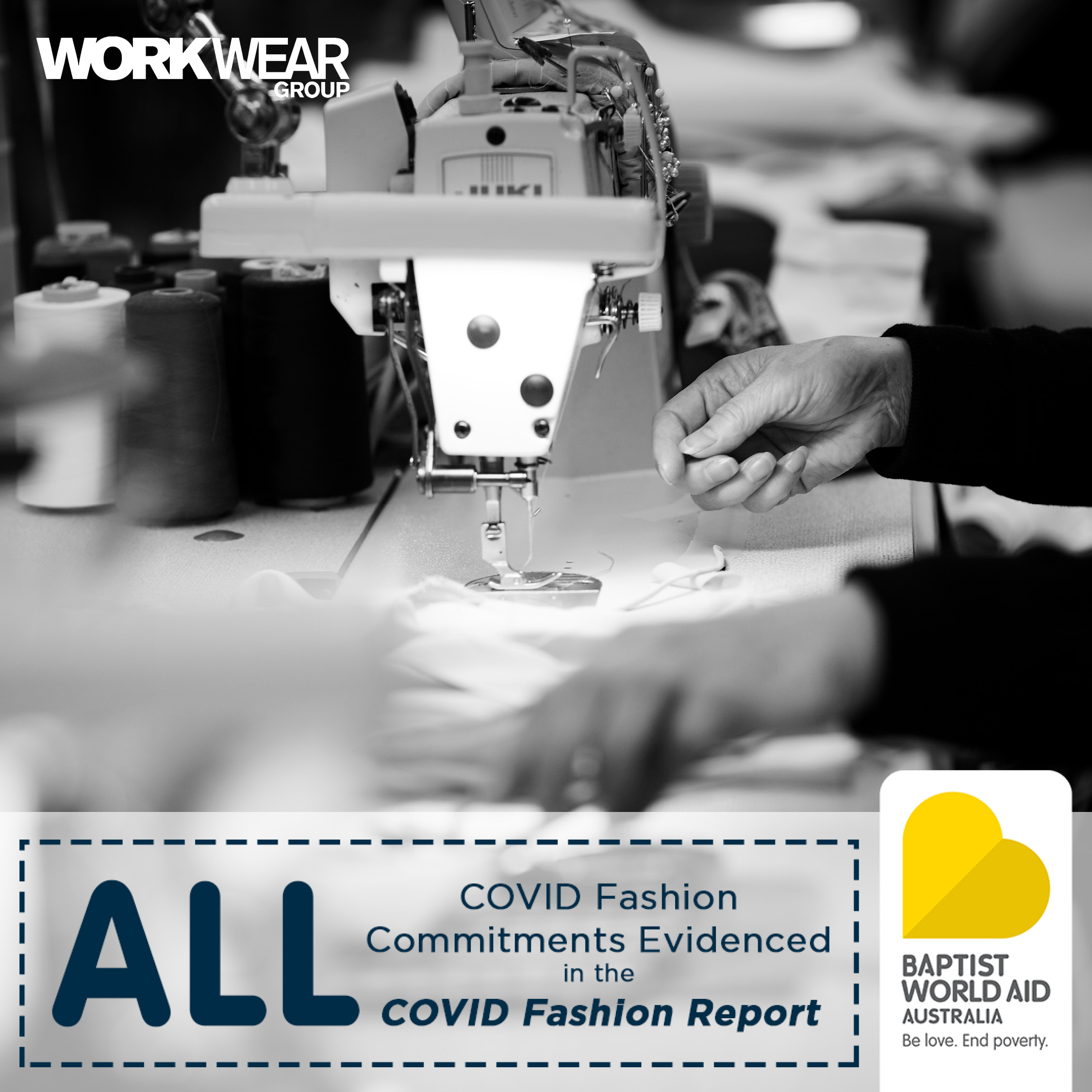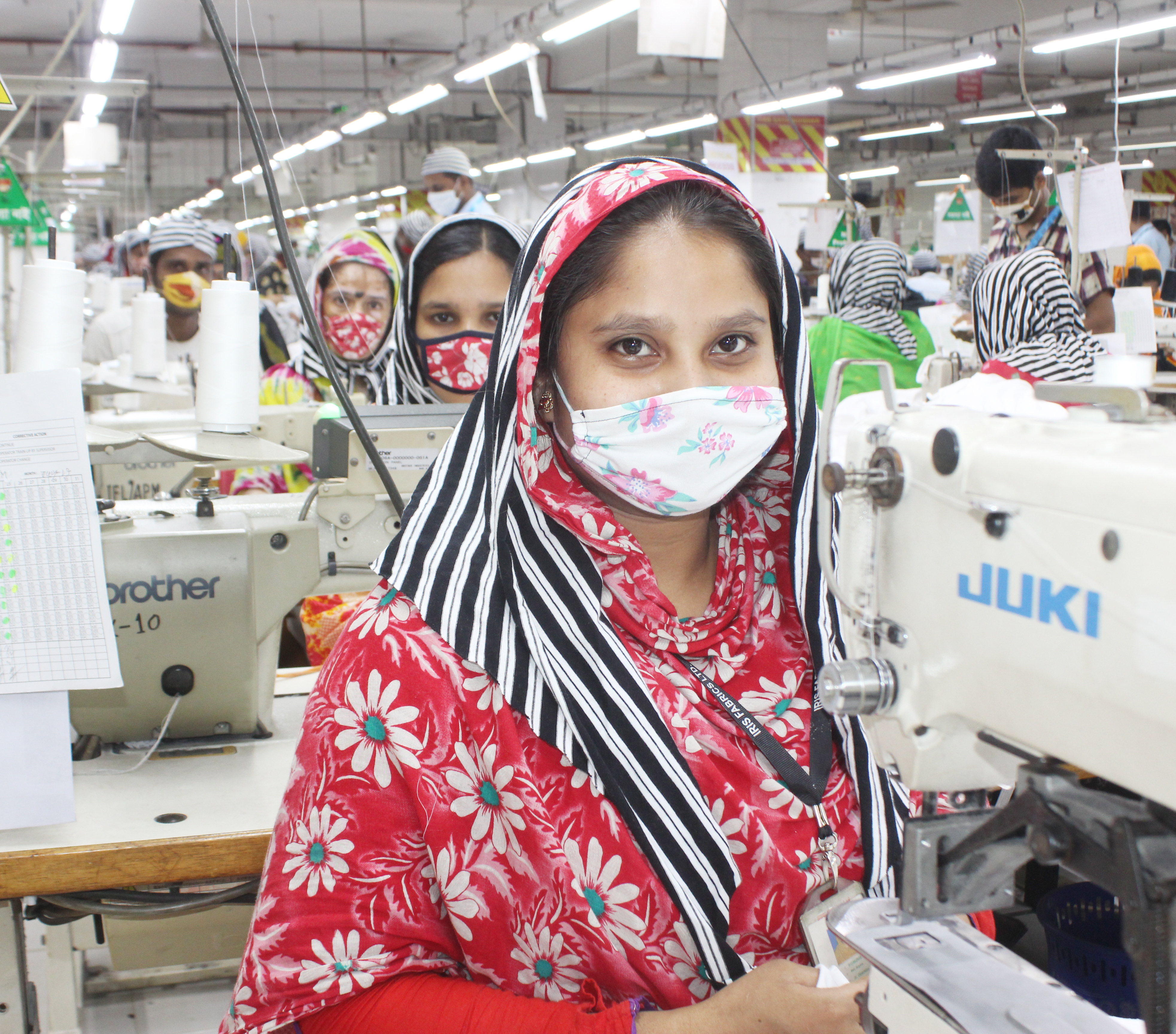Ethical sourcing and human rights
We strive to source products in a responsible manner while working with suppliers to improve their social and environmental practices.
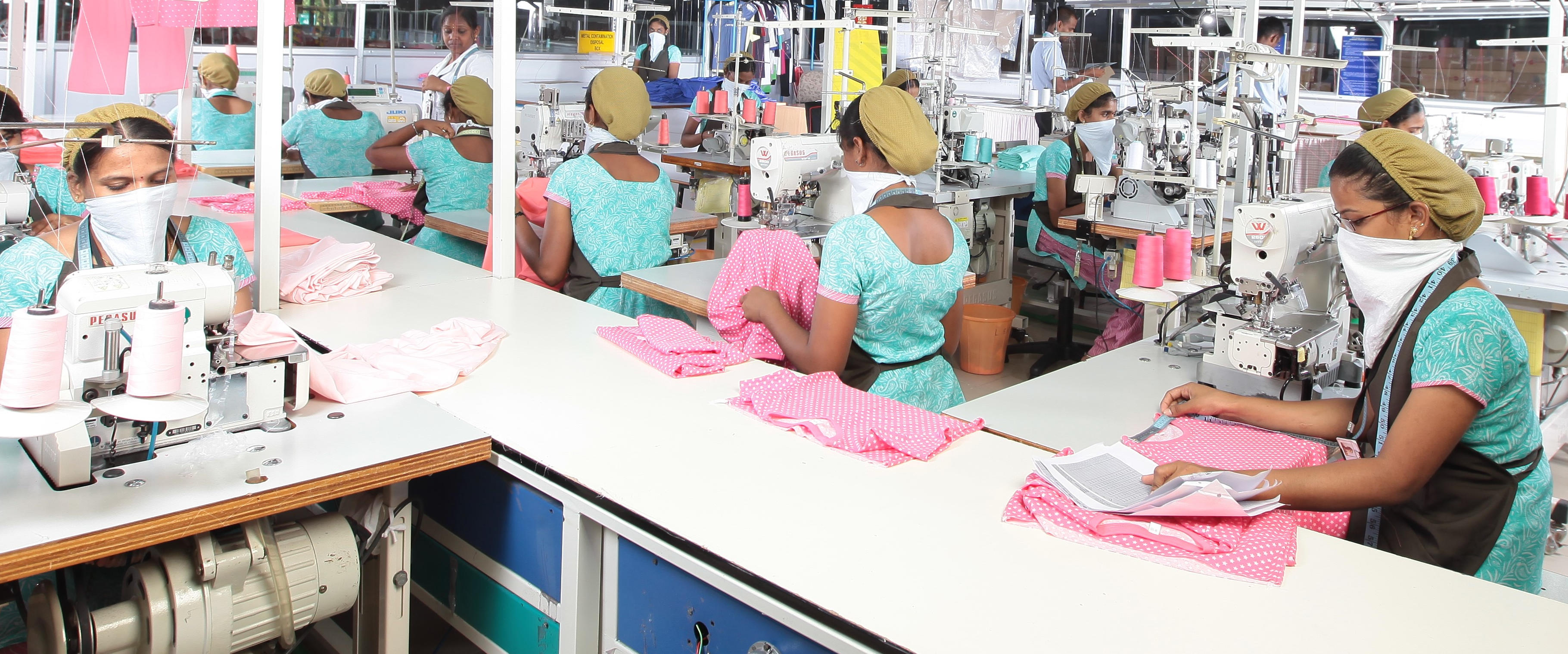
Ethical sourcing has been a key area of focus for the Wesfarmers Group for almost a decade.
Our businesses directly source products from nearly 28,000 suppliers in more than 40 countries. Some of the major locations we source from include Australia, Bangladesh, China, India and Indonesia. We do not own the factories where products are made, but instead engage third-party suppliers to manufacture the majority of products. Our supply chains are complex with multiple tiers of suppliers, sometimes across various countries, involved in the production of many diverse products. Our aim is to ensure human rights are understood, respected and upheld across our supply chain.
Governance and policies
The Wesfarmers Ethical Sourcing and Modern Slavery Policy sets the minimum standards expected of the Group's divisions in managing the risk of modern slavery in their supply chains. Consistent with the principles in the Wesfarmers Code of Conduct, we are committed to complying with the laws and regulations of the countries in which our businesses operate and making positive economic, social and environmental contributions, aligned with the principles of honesty, integrity, fairness and respect. The Group's policies prohibit any activities involving modern slavery and commit to safe and healthy working conditions, including the right to freedom of association and collective bargaining.
Each year, as part of their ethical sourcing programs, the divisions undertake supplier and factory audits and report critical findings. Where a division identifies an audit finding, it seeks to work in partnership with the supplier to remediate non-conformance, improving conditions for workers. Remediation can also include an investment in training or collaboration with industry-based initiatives.
Wesfarmers is supportive of the establishment of a Modern Slavery Act in New Zealand. In March 2021, Bunnings, New Zealand Safety Blackwoods and Workwear Group signed a joint letter alongside over 80 New Zealand companies encouraging the New Zealand Government to instigate an inquiry into a potential New Zealand Modern Slavery Act. The open letter requests a commitment to consider introducing legislation requiring businesses to collaborate to address modern slavery.
In our operations and supply chain
The Wesfarmers salient human rights issues assessment identified that a key human rights issue for the Group’s divisions is maintaining safe and fair workplaces for its team members in its operations. The operations of the Group’s divisions are primarily conducted in low modern slavery risk countries, such as Australia and New Zealand. The Wesfarmers divisions monitor and address human rights issues in their workforces under the various policies and procedures, including the Wesfarmers Code of Conduct and Diversity and Inclusion Policy.
Each divisional board and each divisional management team has responsibility for identifying and managing any material risks in accordance with the Group’s Risk Management Framework.
Wesfarmers acknowledges we need to understand and manage the ways we affect the communities and environment within our value chain, to ensure we can continue to create value in the future. Respect for human rights is fundamental to achieving this in practice.
Where possible, the Group’s divisions are mapping beyond their tier one suppliers for high-risk products. Wesfarmers recognises that mapping suppliers beyond tier one is a complex and ongoing process; it will take time for the Group to complete a tier two and tier three mapping exercise for high-risk products. Increased transparency among tier two and other suppliers is however an important mitigant to modern slavery risks. Progress for the 2021 financial year included:
- Building on the visibility Kmart Group has over all own-brand and licensed brand tier one suppliers, Kmart Group has committed that by July 2022, it will identify and publish 100 per cent of tier two processing facilities that produce Kmart and Target own-brand clothing, towel and bedding products. By the end of the 2021 financial year, Kmart Group’s publicly disclosed supplier list included the tier two and three processing facilities being used by the suppliers supplying over 50 per cent of Kmart Group own-brand clothing, towel and bedding products
- Bunnings continued to use the Supplier Ethical Data Exchange (Sedex) platform to map tier one manufacturers, covered by its ethical sourcing program. To gain visibility beyond tier one suppliers, Bunnings continued mapping its timber supply chains, through the responsible timber sourcing program, which maps timber sourced back to the forest in which it is grown.
- Workwear Group continued to map its supply chain beyond tier one suppliers by initiating contact with top garment suppliers and mills by volume and requesting verification of cotton sourcing in its supply chain.
Training and capacity building
The Group maintains an ongoing focus on ethical sourcing and modern slavery training and capacity building of all relevant team members, including senior management, the directors and other relevant team members such as merchandise and sourcing teams whose purchasing decisions may impact workers’ rights. The Group’s divisional buying and sourcing teams are kept up to date on ethical sourcing and human rights commitments and how actions may impact workers’ rights through training, collaboration, information sharing and capacity building. Cross-functional teams in the Group’s businesses regularly collaborate through human rights forums to share lessons learned and improve knowledge.
The findings from the Group’s divisional audit programs and stakeholder engagements are included in training to ensure the divisions continue to improve understanding of ethical sourcing and human rights. The Group’s divisional ethical sourcing teams also deliver training on ethical sourcing requirements to third-party auditors, suppliers and factories, so they understand ethical sourcing risks and the standards expected by Wesfarmers’ businesses to prevent or mitigate such risks.
This year, more than 2,800 hours of training was delivered to relevant team members on ethical sourcing risks and mitigation strategies through responsible buying practices.
In addition, Bunnings and Officeworks partnered with ethical consultancy firm ELEVATE to provide business-specific training to select direct suppliers. Types of training included delivering e-learning modules, providing practical guidance to factory management relating to ethical business practices, managing working hours and production volumes; and creating safe workplaces to support the containment of COVID-19.
GRI 102-9, GRI 102-10, GRI 102-15, GRI 102-16, GRI 103-1, GRI 103-2, GRI 103-3, GRI 407-1, GRI 408-1, GRI 409-1, GRI 412-2, GRI 414-2
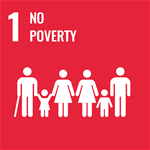
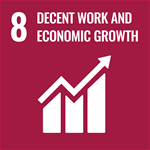
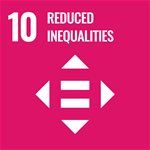
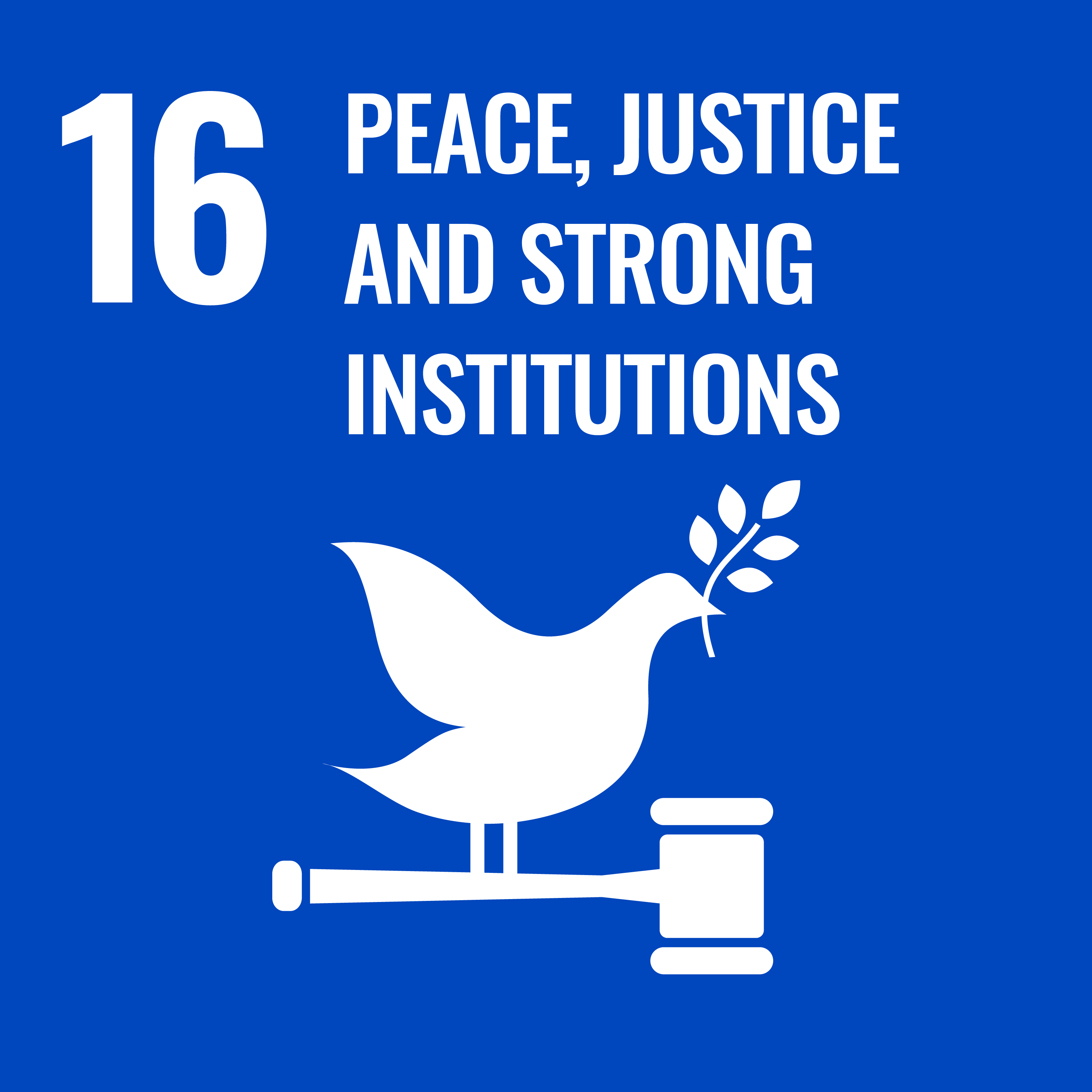
.jpg?sfvrsn=4ab613bb_1)
